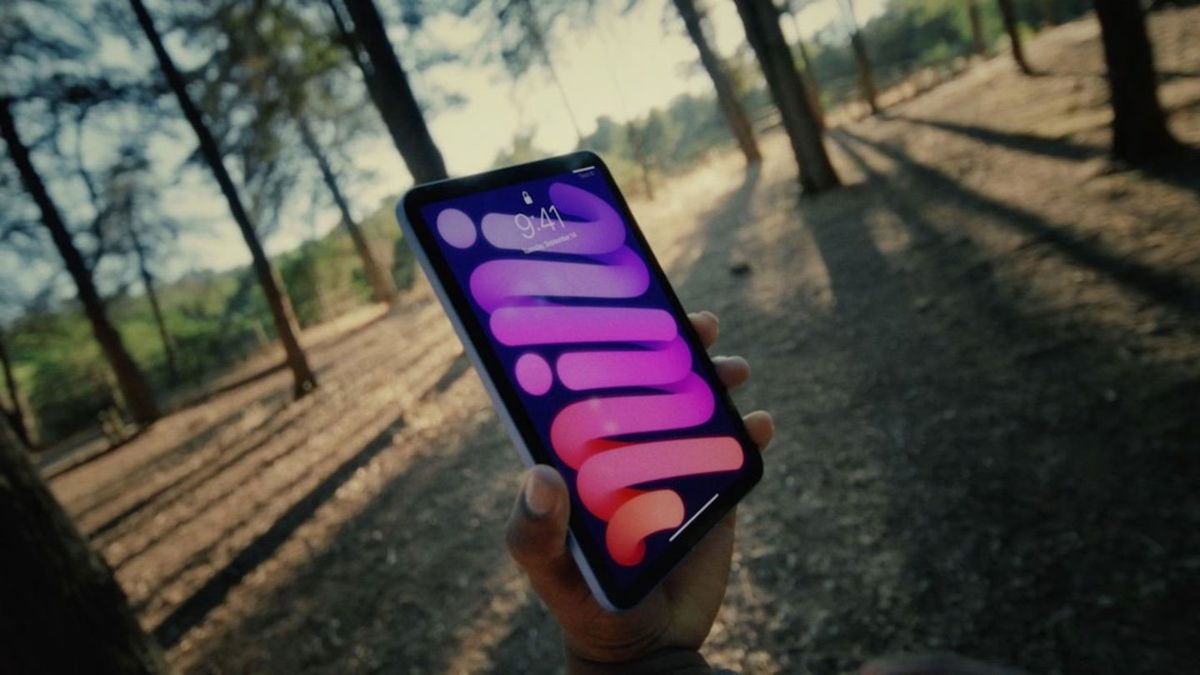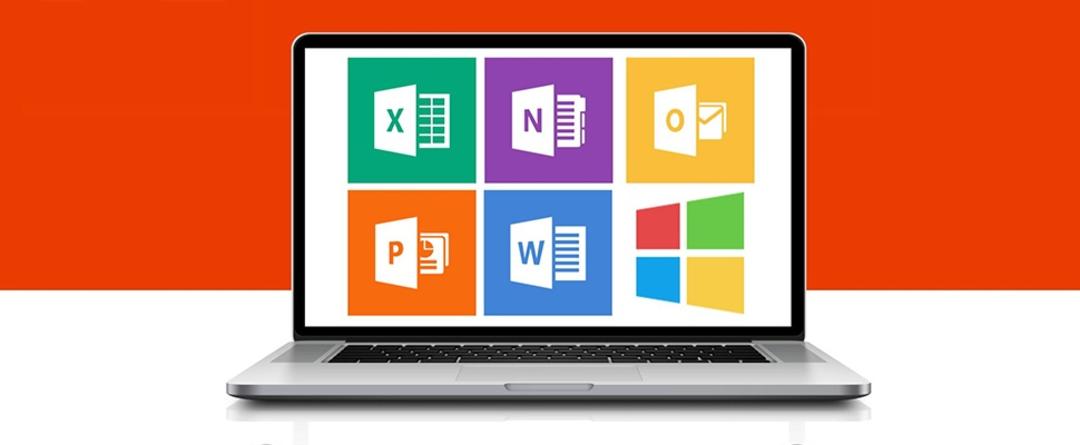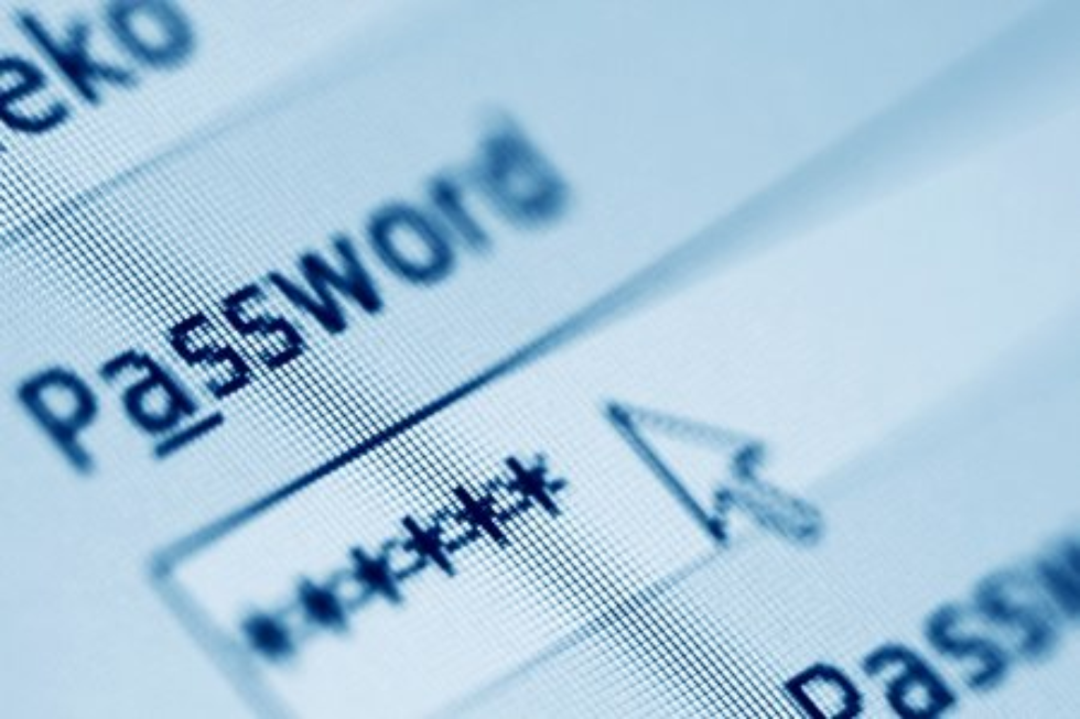Are you planning to travel to the sunny south or further afield this year? Of course, smartphone, tablet and maybe laptop are included. This suddenly brings with it a lot of security risks. If you want to use the internet safely while on vacation, please note the following.
If you’re not connected via the internet and your own built-in router, you’re at the mercy of others outside the door, perhaps deliberately setting much lower security settings. A rogue hotspot – and that could be in an equally shabby internet cafe in a remote and obscure but sunny country – could be set up in such a way that it’s okay to read data together to hack it.
That is why it is one of the recommendations: it is better not to connect to public access points or even hotel internet. And if there really is no other way, use measures that limit the risks as much as possible, learn more about that later.
If you’re going on holiday within the EU, you’re in pretty good shape these days. Thanks to roaming, you can also use cross-border internet within your package without paying any additional cost. When it comes to security, this is definitely a gold-tipped solution: After all, you always communicate through your own equipment that you manage.
enough mobile data with you
If you want to use your smartphone as a base for your holiday communications – in this case we mean mainly mobile internet – it’s a good idea to check a few things before you leave.
First, read the detailed text of your mobile contract. There may still be restrictions on cross-border internet, especially with budget cuts. In this case, it’s important to see if a modest – preferably temporary, consider a month – additional payment can be made to change this. So you can make at least one Gigabyte or 20 armed Spanish Costas unsafe.

Meanwhile, 20GB is enough for a day or ten to communicate via mobile devices, provided you don’t do massive multi-gigabyte system updates or Netflix nightly. It’s also not a good idea to video call for hours every day with the home front. However, you can before you hit the road – and you usually need to set the previous month (!), so add this to your calendar – you can set your mobile subscription to unlimited data traffic once. It may cost you a few dollars, but after that you can use the internet on vacation with no worries.
Note that you switch this more expensive subscription back to your standard subscription in the month you go on vacation (and check with your particular provider if switching subscriptions is allowed and possible). If you don’t, you’ll pay for the more expensive subscription the next month.
Also read: Watching TV at the campsite – this is what you need
Secure access point use
When you have an unlimited subscription, you can use your smartphone as an access point. Then you can hook up any equipment you or your family members have with them. Think tablets, laptops and more. The trick to this is called tethering, and you can turn this option on or off in your phone’s settings.
For example, on the iPhone this is called Personal Hotspot† It is very important to use a very strong WiFi password. It’s one of the reasons this password is absolutely strong: hotels and other tourist spots are teeming with digital thieves trying to invade everywhere and nowhere.
Very important (even necessary): use a smartphone as an access point only running on the latest OS version equipped with all security patches!

If you are using your phone as a mobile hotspot, you should also know that the energy consumption increases significantly even with a 5G connection. This leads to a hotter phone, which is not good for the battery on the device, especially in equally hot countries.
The most practical thing is to use the internet only in your hotel room and hang the phone on the charger. To avoid having a hotspot in your pocket all day (it will only take a few hours by phone…) always turn off the mobile hotspot when not in use.
Encrypt communication with VPN
If you go on vacation outside the EU or have a mobile contract in other EU countries where the amount of mobile data is severely limited, then you are still dependent on these public hotspots. The following applies: use only in emergencies. And if you already use them, only do so through a VPN provider.
A VPN connection allows you to get a different IP address as the ‘starting point’ for the internet. At the same time, this tunnel to a server serving the other IP address is unbreakably encrypted. As long as you are connected to the VPN, no one can read it.
If you’re a little more skilled yourself, you can set up your own VPN server at home. For example on a NAS or even a Raspberry Pi (it’s not a good idea to leave a computer on while on vacation). It is faster and more convenient to use one of the many VPN providers. Honestly, stay away from obscure guys from China and similar countries. For example, a well-known VPN provider with an excellent reputation is NordVPN. It’s not the cheapest, but one without the hassle and security risks.

You can also get a monthly subscription and then the costs aren’t too bad of course. Install the relevant application on your smartphone and any other device you use. Connect to a server in the Netherlands, then you’ll get a Dutch IP address that makes websites and the like act like Dutch copies. You also get instant access to streaming services that check the geolocation of your IP address.
After connecting to an access point, always check if your VPN connection is active, which can usually be recognized by a VPN icon in the menu bar of your phone or tablet. Only then use the internet. If the connection is not established, please wait and try again.
Still not? Then open your VPN provider’s app and try another server. Does it not work on target at all? The hotspot used then blocks VPN connections, which is a very loud alarm bell. Then quickly search for another hotspot where your VPN is running.
Want to learn more about VPNs? Then we recommend the free 60-minute course: Getting started with the VPN. Take a seat an hour before departure and you will be fully informed.
roaming outside the EU
Finally, some mobile providers offer per subscription month options for an on and off option for free roaming outside the EU. This usually has a relatively modest price tag, but the number of countries where the cheat works is usually limited to the USA and Canada. But if you go that way, that’s a plus.
Again, the following applies: check thoroughly before you set off and unsubscribe as an option the month before departure. And turn it off immediately when you return. If you go on vacation near the EU’s outer borders, you should make sure that your smartphone does not smuggled into a non-EU provider and you are faced with a very high mobile phone bill of hundreds of euros or more when you buy it from your mobile phone. come back home.
You’ll usually get a text message with a warning from your provider, and sometimes you can buy 1GB of data for a relatively modest amount in a non-EU country. But just choose to avoid it.
Source: Computer Totaal













